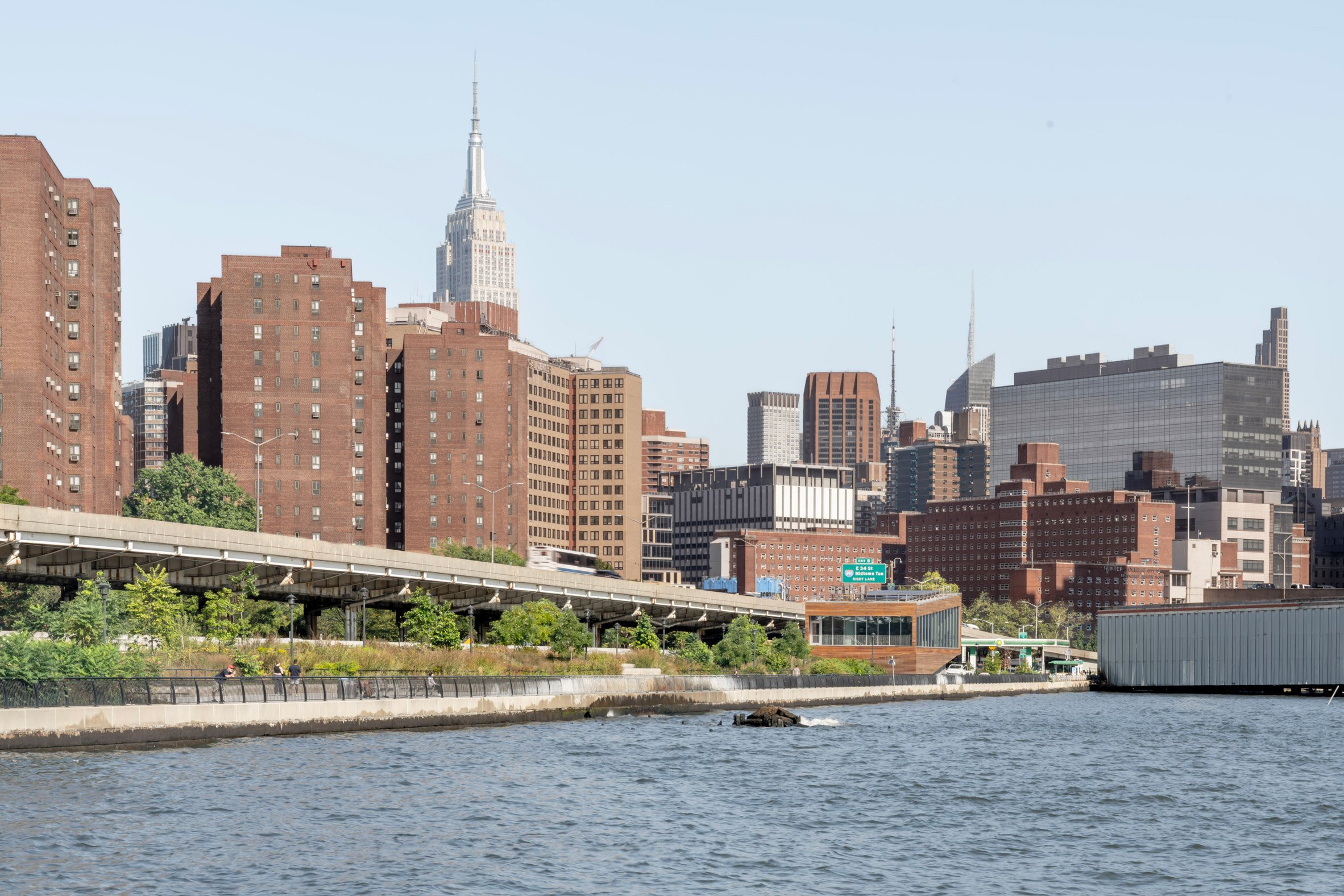The United Nations held its annual Climate Conference in Sharm el-Sheikh, Egypt over the past few weeks, and while it wasn’t easy, in the end 200 countries signed on to a breakthrough agreement that addressed one of the most persistent sticking points: the disparity between the nations responsible for most of the pollution that is driving climate change, and those that have contributed the least emissions but are suffering some of the most extreme effects.
The new 12-page agreement established a compensation fund to address losses and damages for countries with the lowest carbon footprints, including smaller island nations like Vanuatu and less industrialized nations in Africa.
The Cop27 text calls on “the shareholders” of multilateral development banks (MDBs) and other financial institutions to reform “their practices and priorities” to “ensure simplified access” along with a call to “define a new vision” so that they are “fit for the purpose of adequately addressing the global climate emergency”. It also calls for the financial bodies to take into account “debt burdens”.
This appears to reflect the focus on how climate finance works – and more importantly doesn’t work for many countries – which was a major issue at Cop27.
Small island states and other vulnerable countries used the summit to highlight how the money that is lent by MDBs to help countries recover from devastating impacts, such as hurricanes and extreme flooding, comes on vastly inequitable terms for developing nations.
The deal drew criticism for not doing more to address fossil fuels emissions and the use of coal, oil and natural gas. The push for a complete fossil fuel phase-out, which was a hot topic at COP26 in Glasgow last year, lost steam, as electricity-poor African nations argued for their right to develop their natural gas reserves, and the fossil fuel industry was well-represented at the conference. Energy shortages caused by the war in Ukraine have likely influenced the trend away from more aggressive efforts to limit the use of carbon-emitting fuels.
In keeping with the environmental record of the new president of Brazil, Luiz Inácio Lula da Silva, a partnership agreement was negotiated between Brazil, Indonesia and the Democratic Republic of Congo to cooperate on forest preservation. Other developments included a new commitment from the US and China to cooperate on achieving climate goals, and an agreement to increase private financing for global climate action.
You can read more about this on the Reuters website here.

